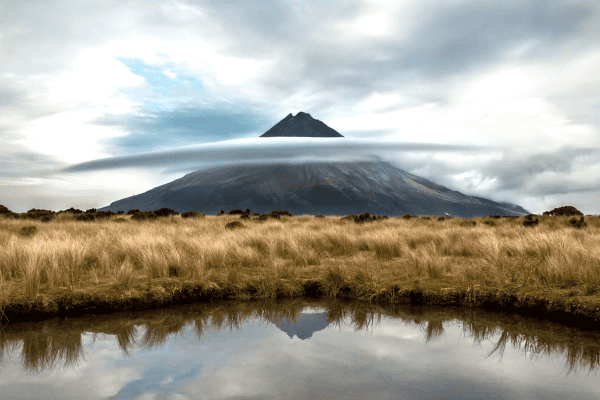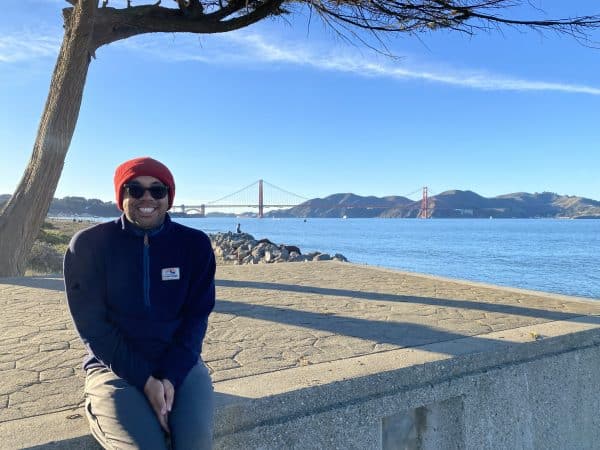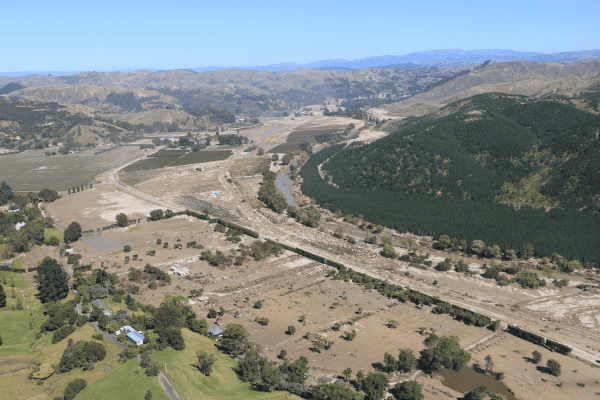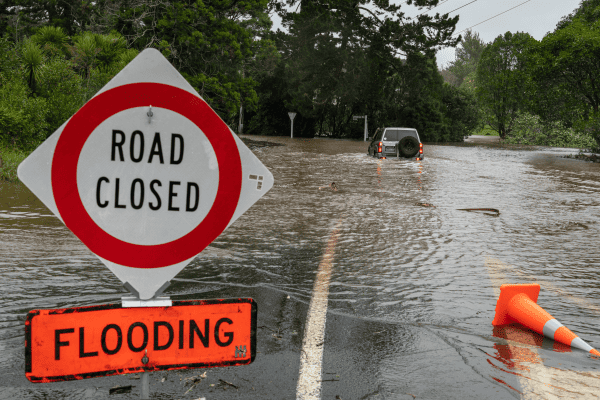,
Drop, cover and… Tweet?
26/06/2018
By Abi Beatson
Investigating Community Resilience in the Age of Social Media
So here’s the question: can social media increase the opportunities for New Zealanders to become more resilient after a disaster event? In order to answer this question, members of the Resilience to Nature’s Challenges Cultural Resilience programme investigated the key practices concerning the use of social media that support resilient capabilities within the community. So, what did they find?
Research Findings: Three main areas where social media supports community resilience
The researchers reviewed multiple national and international disaster case studies of collective community responses based on the use of social media technologies after a disaster event. They identified three main areas where social media has facilitated and supported resilient capabilities within the community. The first was the role of social media in supporting information-seeking behaviours during a crisis event. The second looked at how social media empowered individual and community actors. The third discussed the role of social media in mobilising volunteers. All three of these key areas showed that social media is now one of the established tools in the toolbox of resources that increase the opportunities for New Zealanders to become more resilient at the community level.
Research Gap: We need to take more steps in the community’s shoes
The review also highlighted a significant research gap in the number of social media research papers adopting a citizen or community perspective. Instead, the majority of research in this area focused on the social media needs and perspectives of official agencies and actors. In order to inform future preparedness efforts, we urgently need to close this research gap, and step back into the shoes of the community when investigating the role and nature of social media in contributing to community resilience.
Upcoming Research: Strengthening the relationship
The researchers also identified the need for a more effective relationship between digitally empowered volunteer groups (think along the lines of the Student Volunteer Army and the Digital Humanitarian Network) and emergency management groups in New Zealand. This recommendation for future research included the need for the relevant policies and procedures to be established pre-event to support and strengthen these critical relationships. Research in this area is supported by The Resilience Challenge, and will commence shortly under the Cultural Resilience Research Programme.
Want to know more?
The Cultural Resilience Research team will present their research at The Emergency Media and Public Affairs (EMPA) Conference, which will take place between Monday 20th and Wednesday 22 August 2018, at Te Papa, Wellington.
You can access the full reporthere.




